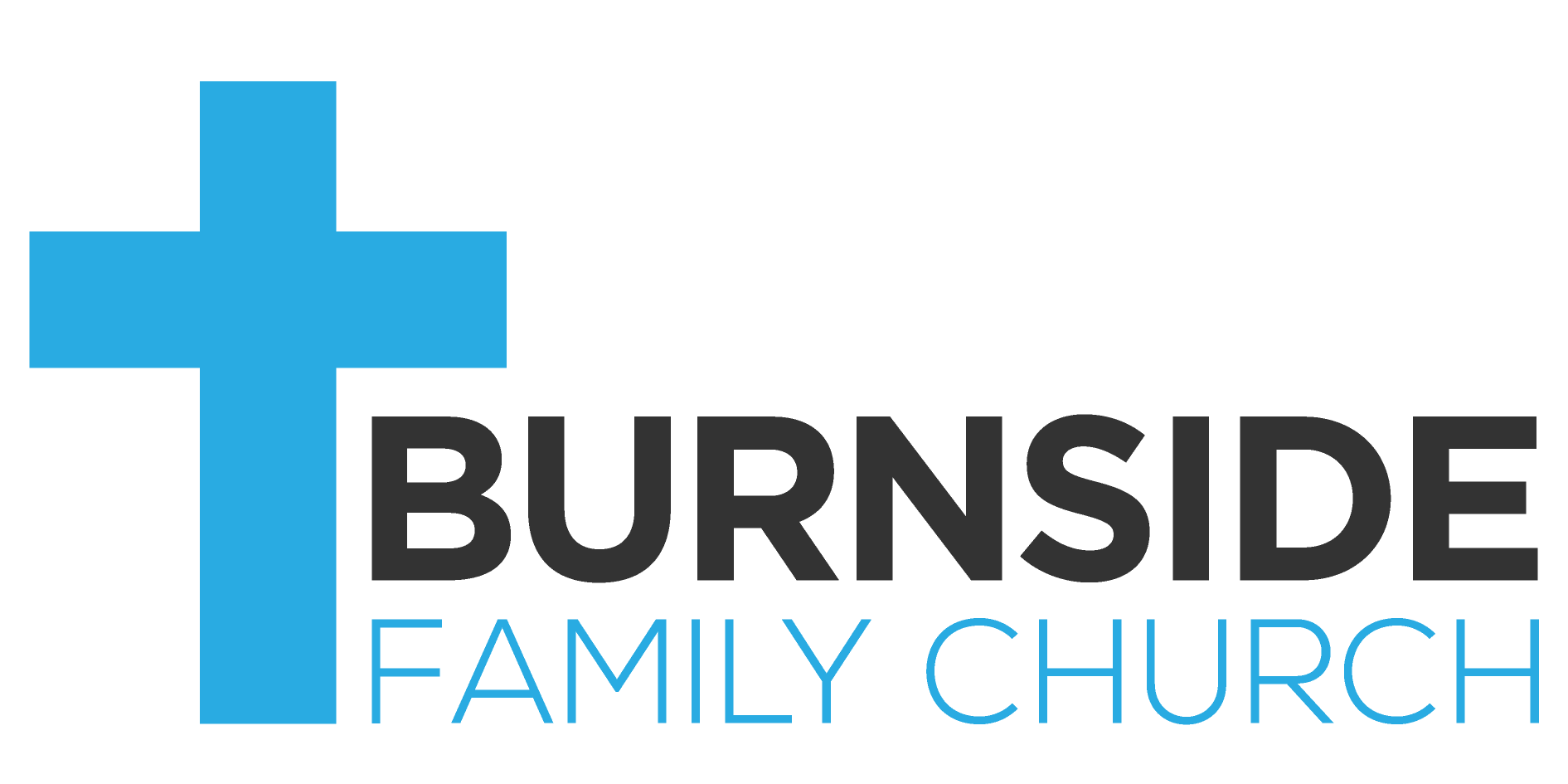Matthew 7:13-29 Choose which way you will go! - by Jeff Byerley
Study on Matthew 7:13-29 Choose which way you will go!
Outline of Passage
7:13-14 Choose your way.
7:15-20 Choose your teachers.
7:21-23 Choose your eternal destiny.
7:24-29 Choose your foundation.
Our Reflections
1. Are we to enter the narrow gate leading to the difficult way or do we choose the difficult way leading to the narrow gate (vv.13-14)?
2. How to discern whether a prophet / teacher / preacher is genuine or false (vv.15-20).
3. How could it be that false prophets could prophesy, cast out demons and do wonders in Jesus' name (vv.21-23)?
4. What does it mean to “build on the rock” (vv.24-29)?
Our Conclusions
Are we to enter the narrow gate leading to the difficult way or do we choose the difficult way leading to the narrow gate (vv.13-14)?
The former is the view of commentators and makes sense in that this is the order Jesus gives. In John 10:9 Jesus says; “I am the door. If anyone enters by Me, he will be saved, and will go in and out and find pasture”. Choosing the door / gate / way is one thing, keeping to the way is difficult. Paul towards the end of his life said: “I have fought the good fight, I have finished the race, I have kept the faith”. (2 Tim. 4:7). It is this journey that is depicted in Pilgrim's Progress. Indeed, God is always prompting us to choose the way of life. Back in Deut 30:19 Moses challenged the people “I call heaven and earth as witnesses today against you, that I have set before you life and death, blessing and cursing; therefore choose life, that both you and your descendants may live.”
How to discern whether a prophet / teacher / preacher is genuine or false (vv.15-20).
We know that in the OT and the early church, prophets would often be recognized by the animal hides they would wear. So Jesus was being quite literal when he warned about false prophets coming in “sheep's clothing”. Visiting prophets had a rough life, but did valuable work for the churches. Nevertheless there were those who saw the hospitality of the church as a way to indulge and enrich themselves. The Didache, written in about 100AD laid down: “He shall remain one day and, if necessary, another day but if he stays three days, he is a false prophet. .... “If he asks for money, he is a false prophet.” However, the most important fruit would be the message that they bring. Paul says in Gal.1:8; “But even if we, or an angel from heaven, preach any other gospel to you than what we have preached to you, let him be accursed”. This test has been true throughout history and still today.
How could it be that false prophets could prophesy, cast out demons and do wonders in Jesus' name (vv.21-23)?
God often uses ungodly instruments to achieve his will. Moses acted in an ungodly way when he produced water out of rocks by claiming glory for himself. (Num.20:10-12). it was God's will to provide for his people, so he permitted it. However, Moses paid a heavy temporal price in that he was not permitted to enter the Promised Land.
10 And Moses and Aaron gathered the assembly together before the rock; and he said to them, “Hear now, you rebels! Must we bring water for you out of this rock?”11 Then Moses lifted his hand and struck the rock twice with his rod; and water came out abundantly, and the congregation and their animals drank.
12 Then the Lord spoke to Moses and Aaron, “Because you did not believe Me, to hallow Me in the eyes of the children of Israel, therefore you shall not bring this assembly into the land which I have given them.” So it may have been with the false prophets. God still used them as his instruments despite their own unworthiness. John 20:23 shows that Jesus' disciples are empowered to declare forgiveness of sins. But what if the declarer is a pretender? It is still effective. We noted that the Catholic Catechism (CCC 1128), for example, holds that the forgiveness of the sins is still effective as it acts ex opere operato, relying only on the righteousness of Christ, nobody else. So too with these “prophets”. Indeed, we may discern that their whole (life?) response to Christ is to speak about what they have done for him and nothing about what Christ has done for them. The false prophets may deceive people but they cannot deceive Christ.
What does it mean to “build on the rock” (vv.24-29)?
Michael J Wilkins points out that the Sea of Galilee where Jesus gave this sermon, was well known for its alluvial sand that was hard during the hot summer months. But when winter came and its banks overflowed with water from the swollen River Jordan, it was a different matter. Wise builders in this locality would dig down to the underlying bedrock and build their foundations upon that. In terms of our lives and particularly our eternal lives, Christ must be our one true foundation.
